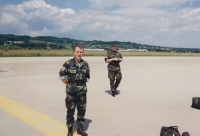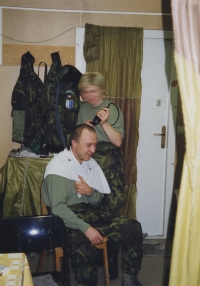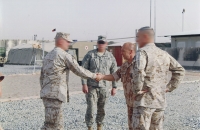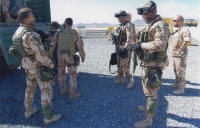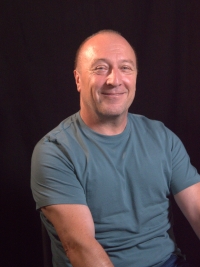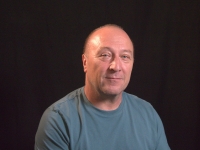Those who are active make the rules. Those who don’t are dragged along by events
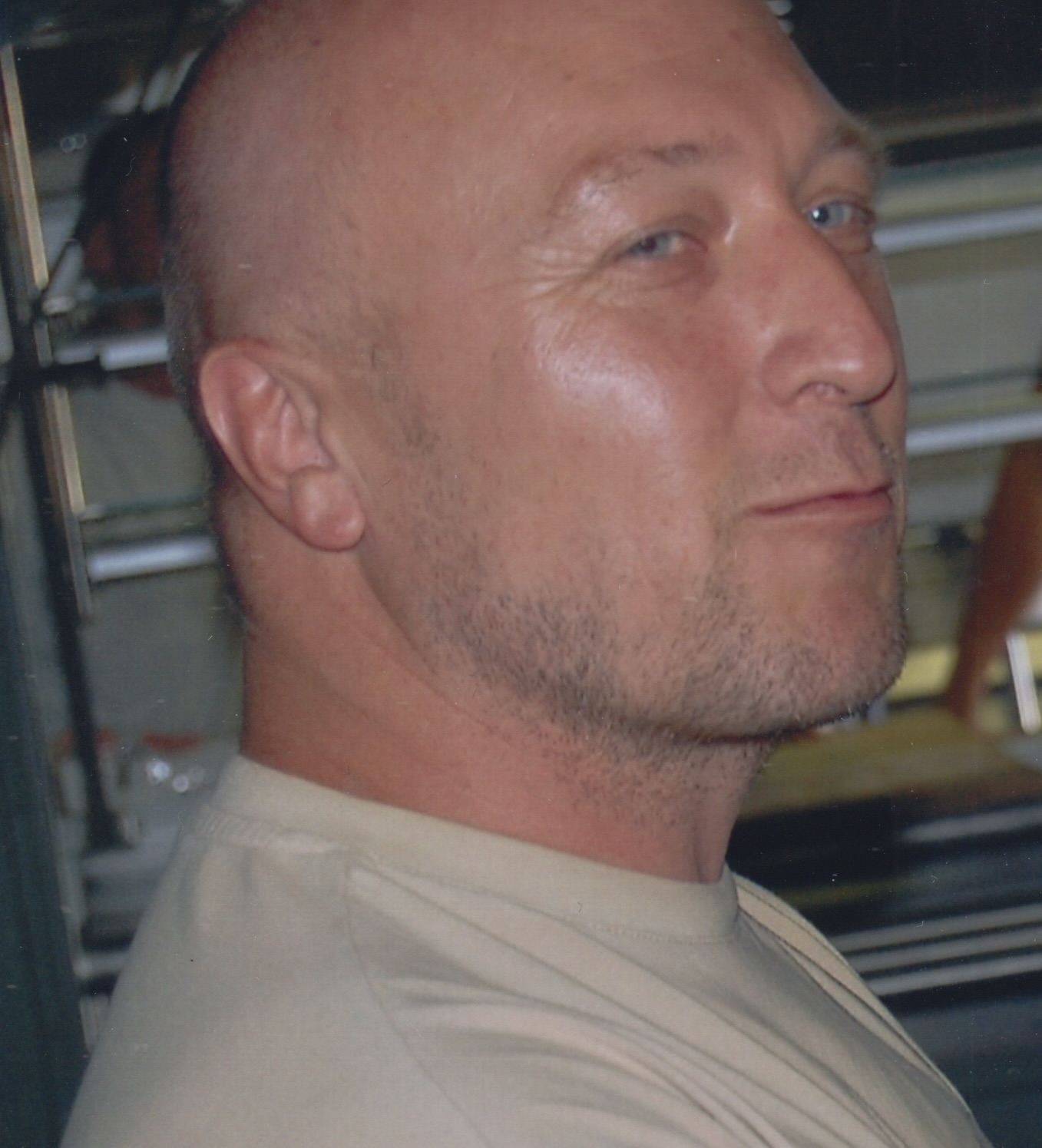
Download image
Colonel Roman Kopřiva was a member of reconnaissance units and special forces of the Czech Army. He was born on 20 September 1964 in Šumperk as the eldest of three children. He originally wanted to study archaeology, but was not admitted. Instead, in 1983-1987 he studied at the Military University in Vyškov. After successful graduation, he was posted to the 65th Ernst Thälmann Motor Artillery Regiment in Cheb. As a platoon commander he was in charge of 30 soldiers of the basic service. After two years he was transferred to the 20th Reconnaissance Battalion in Cheb, then to the Reconnaissance Battalion in Kroměříž, where he served as a company commander. In 1998 and 2000, he served as an intelligence officer in Bosnia and Herzegovina as part of the stabilisation operation SFOR 2. Upon his return, he was transferred to Prostějov to General Moravec’s 601st Special Forces Group. In 2009, he was deployd to Afghanistan as a contingent commander of the Special Forces of the Army of the Czech Republic in Operation Enduring Freedom. He finished his military career in 2014 as a Defence Adjutant of the Ministry of Defence of the Army of the Czech Republic in Slovakia. Currently (2023), he holds the position of senior project manager at the Community Centre for War Veterans in Brno.
















